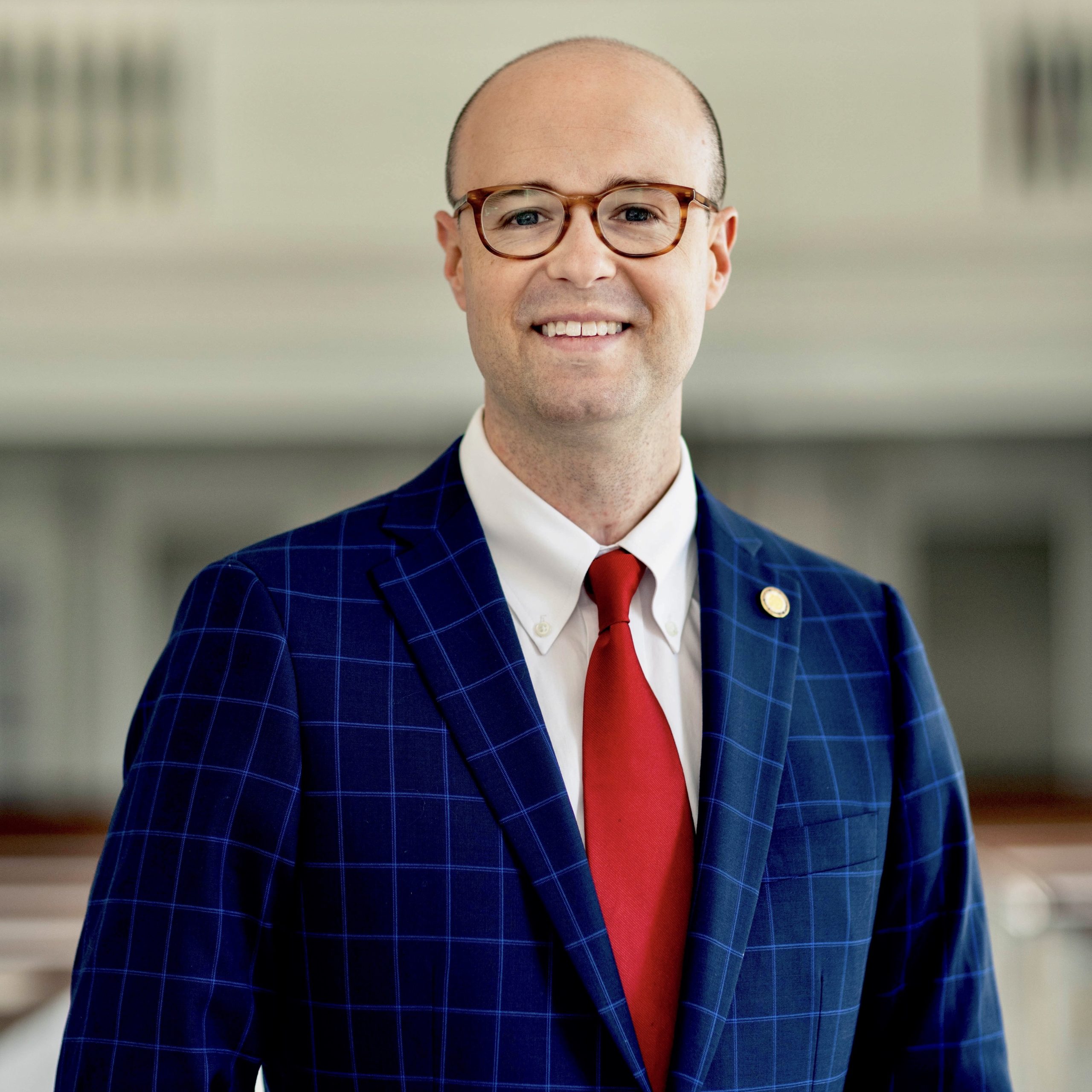Right now, conservatives are having an internal debate on what the future of conservatism ought to mean. On one side are conservative defenders of liberal democracy who believe the Constitution’s commitment to liberty is what is most sacrosanct. On the other side are conservative critics of liberal democracy. These voices believe that liberal democracy is a secular trojan horse that has emptied society of any meaningful notion of moral consensus and the common good. So these voices, as my friend Sohrab Ahmari writes, are seeking to re-order the public square to “the common good and ultimately the Highest Good.”
This thought goes by the loosely defined concept known as Catholic Integralism, a school of Catholic social thought that believes the political order ought to be more firmly united with the spiritual realm. I phrase it like that because there is ambiguity on what exactly this union of the sacred and secular entails and to what degree. For some—and while I’m not an Integralist, I agree with this sentiment—this simply means a public square more hospitable to religion. For others, this means a public square or government allied with ecclesiastical authority.
Roman Catholic intellectual and Harvard Law School professor Adrian Vermeule is one of those voices critical of liberal democracy. Whether he would proudly wear the label of “Integralist,” I do not know, but a tweet of his from this weekend bears the marks of Integralist thought:
I love it when the Feast of Christ the King comes around, not only for itself, but because it exposes the incoherence of the view that Christ should reign in our lives but not in our political order. A privatized King is no king at all.
Professor Vermeule is certainly correct that a “privatized King is no king at all.” Christians from all ages and all traditions believe with utter sincerity that Jesus Christ is an actual, literal, and presently reigning king (1 Tim. 6:15; John 18:37). And Kanye West was not the first to coin this term.
The error in Vermeule’s warmly pious tweet is that it bears the marks of Integralism’s own confusion and incoherence.
Integralism is confused because it misunderstands the epoch of history in which Christians now live. Jesus is king, yes, but a long tradition of theology understands that Jesus’ kingdom has been inaugurated, though not yet consummated in full. That’s why the New Testament depicts the current era as one of mission, not triumph (1 Cor. 15:20-28; Heb. 2:8). Jesus is lord and king over everything, but the only people who know that are his people, the church. The Integralist error is to misread this era of history and foolishly believe that society can be uniformly Christian. But salvation via cultural osmosis is not a biblical portrait of redemption.
Integralism is incoherent because it does not have a plan of action. What would it mean for Christ to reign in our political order? No one knows, because Integralism is an eschatological fantasy heavy on rhetoric but light on the particulars. What would it look like in practice for our political order to confess Christ is king? A Christian preamble to our Constitution? That was once attempted and went nowhere. A president standing at their dais telling a sea of unbelieving politicians that they better vote the right way because the pope says so? Are we really wanting to grant that to the current pope in particular?
What we do know is that where church and state have been wed (looking at you, Europe), what results is a nominally Christian culture that eventually withers away, exposing what was there all along—unbelief largely propped up by fake Christians. If the union of church and state or Integralism teaches us anything through the witness of history, it teaches us that Integralism is the enemy of not only resilient and confessional Christianity, but the freedom of conscience as well.
If having Christ reign over our political order means evangelism, conversion, and transformed consciences who act righteously, honor what is good, and vote accordingly, then perhaps we can talk about how Christ can rule—informally—through laws that reflect God’s moral law. That we call common grace, and we have no need for hollow-chested Christendoms to see it happen.






